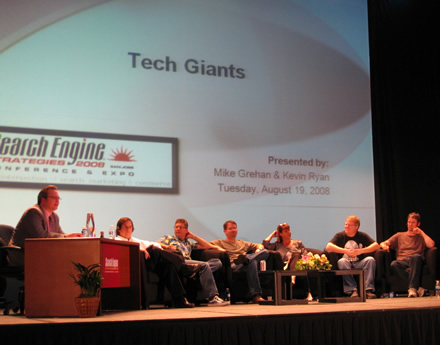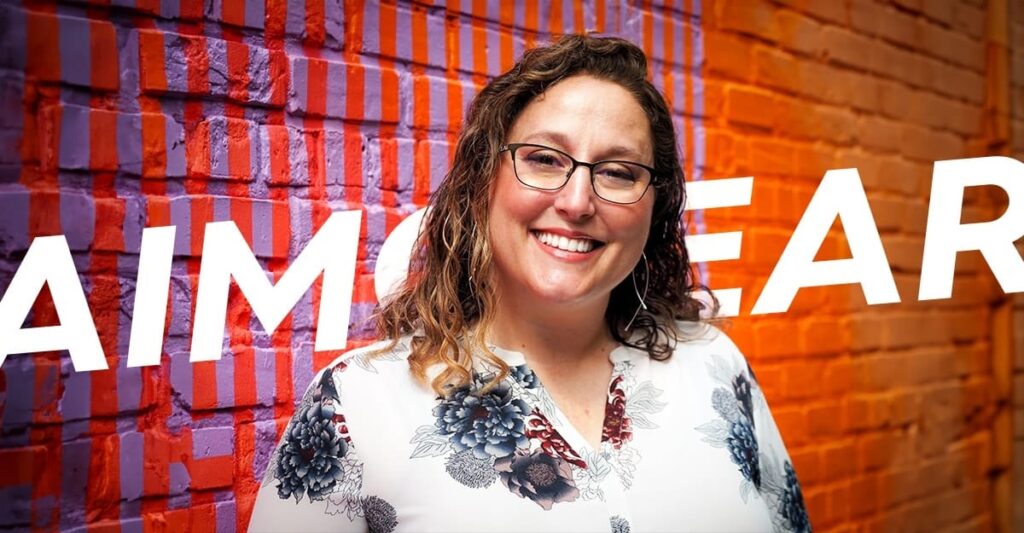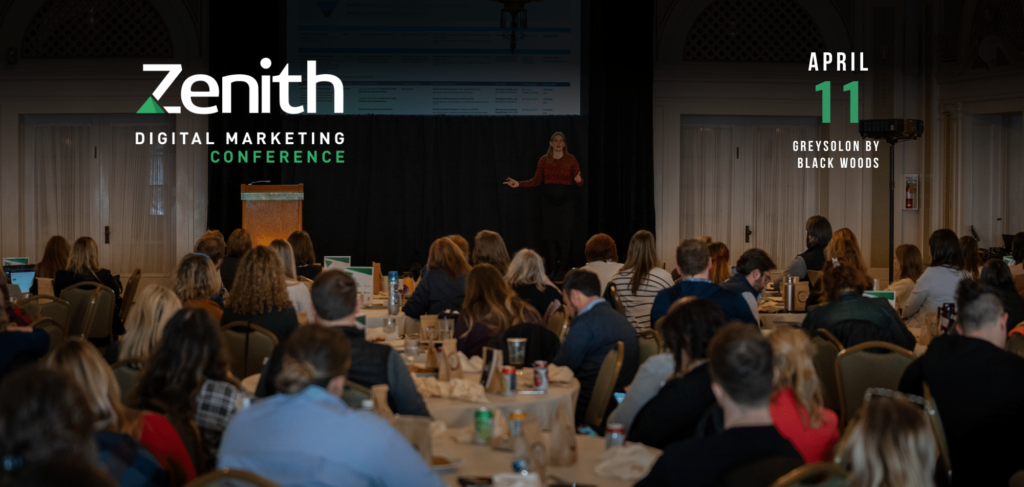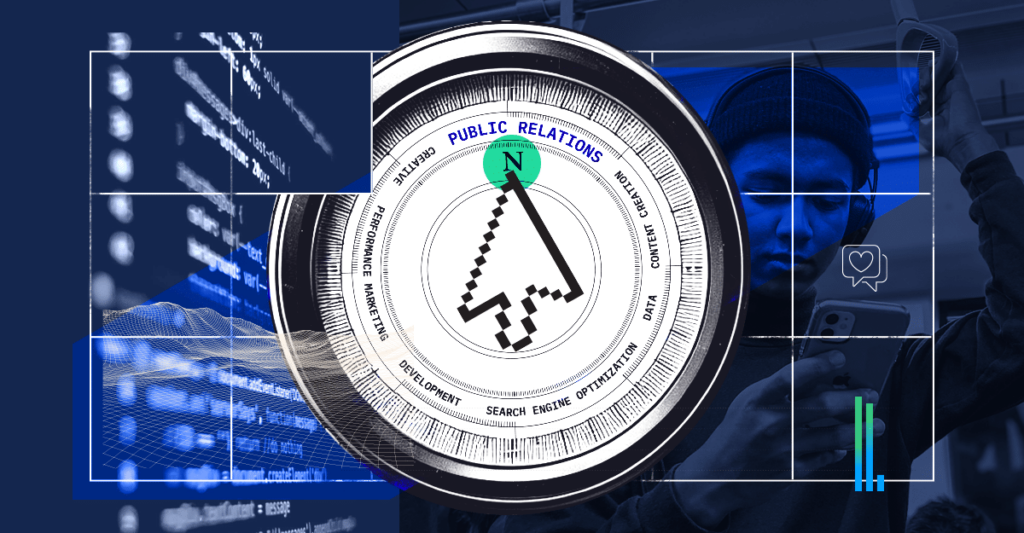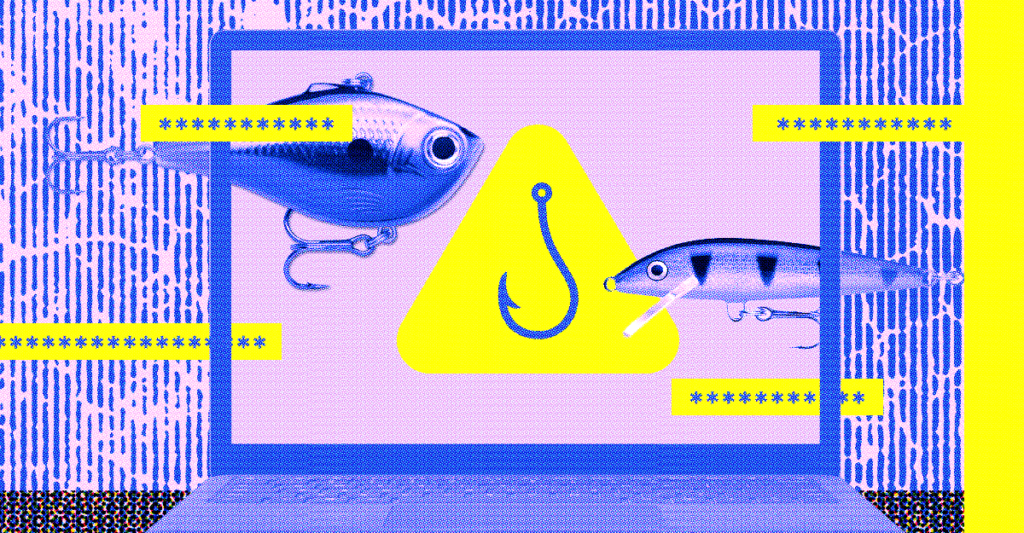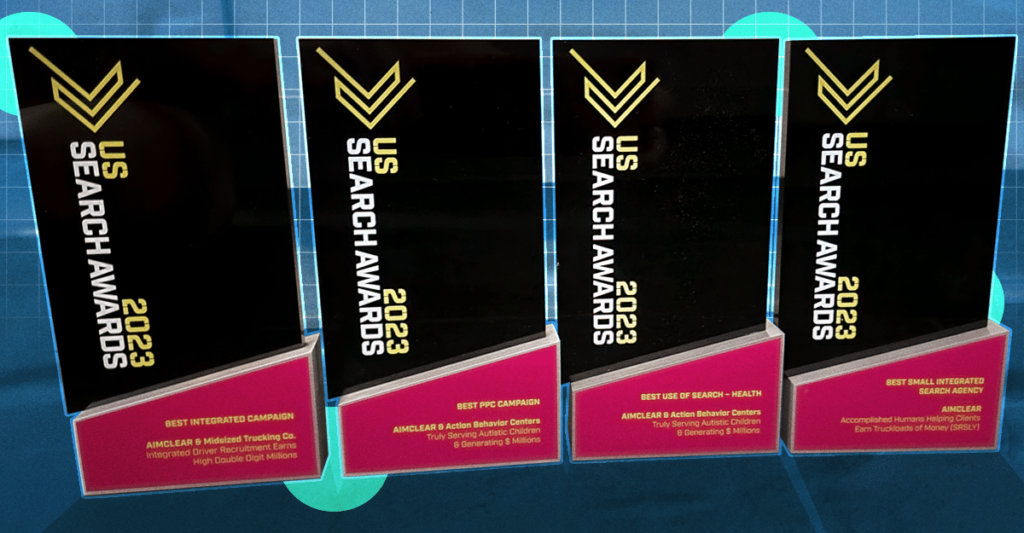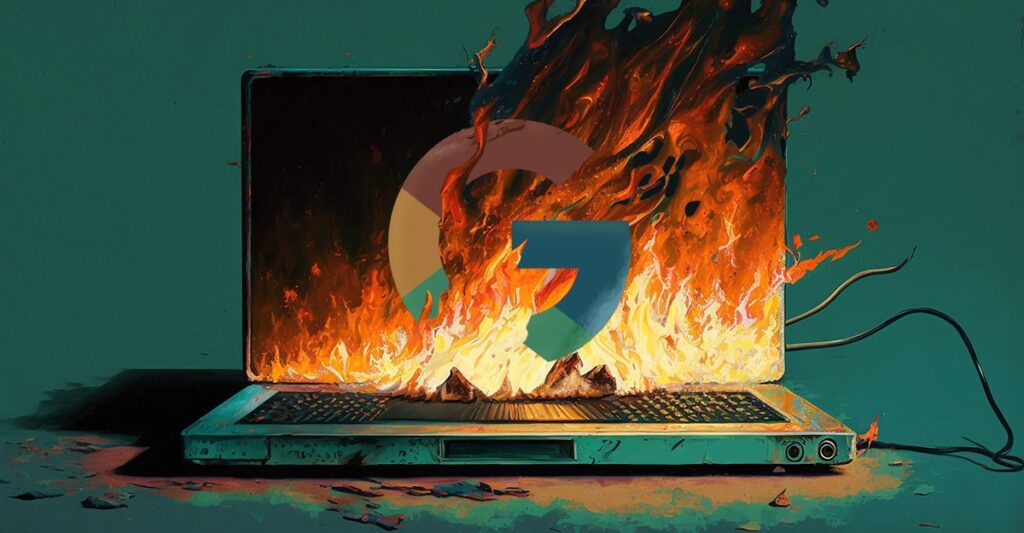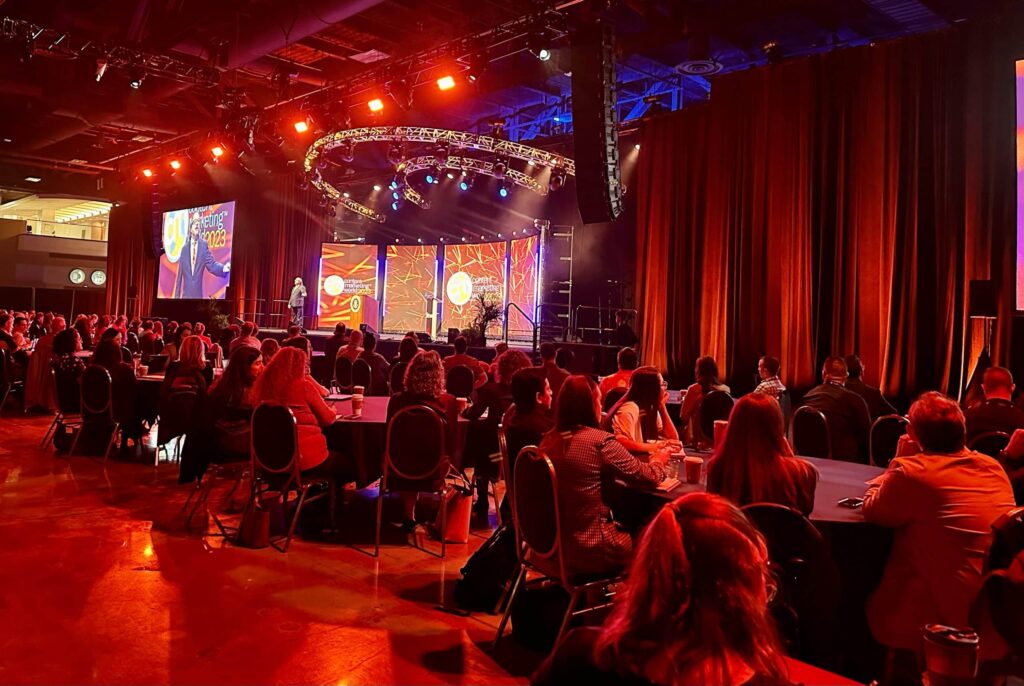Gathering of the Techie Thought Leaders,
Moderated by Kevin Ryan and Mike Grehan, SES San Jose 2008
Matt Cutts – Google, Danny Sullivan -Â Search Engine Land, Tim Westergren- Pandora, Robert Scoble – Scobleizer and others, Kirsten Mangers – CEO WebVisible, Rich LeFurgy, Archer advisors
Kevin Ryan is my personal god. He started off the round table with a pastiche of pop culture references to google, texting, blogging and everything else that the panel represents. (South Park, even though it’s rife with toilet humor, is still IMHO is one of the best observers/skewers of popular culture out there.)
Kevin had a list of questions on the monitor behind the panel, but for the most part the discussion was free-form. Google was top on the list of topics to discuss – mostly because it’s the God the search world tries to simultaneously appease and de-vex.
Topics were fluid and fast but I’ll try to encapsulate the conversations here…
The Importance of Bandwidth and How Times Change
Robert Scoble: Twitter goes down occasionally. Services get so popular so fast, it’s hard to scale up. In 1996 I wrote about ICQ , after 6 weeks it had 65K users.
iLike, [a new Facebook application], got 6 million users in 6 days.
If you don’t have 500K servers around world, you won’t be able to keep up with demand.
Kevin Ryan: We were just a bunch of geeks playing around, how did we get here?
Scoble: Way back when I worked at a camera store – all sales were Word of Mouth. But WOM was inefficient. You would just talk to some random people in coffee shops. But now WOM is now super efficient. You can chat with someone in Japan as easy as in California.
On Google and The Google Killer
Matt Cutts: In the early days of Google, Google didn’t have a lobby.
Consumer Reports used to be the authority. They are great and trustworthy offline. But Consumer Report not digitally savvy. Google should be advocate for users and consumers.
Kevin Ryan asks – Is there a “Google Killer?”
Danny Sullivan – Google will be dominant for some time to come. People underestimate how hard it is to get the content on Google.
if anyone was going to be a Google Killer, it woud have to be Microsoft. Microsoft has been trying to do it for 5 years and they haven’t done it. At best, we’re going to see incremental changes. Vertical is good. Or getting good enough that Google will buy you.
Government will slow Google down – maybe break up into baby googles. This is most likely.
Moderator Mike Grehan: “Why does it have to be a Google killer? Competition is great! It’s healthy!
Robert Scoble:– It took my dad two years to switch from Alta Vista to Google.
Most people only understand the little box on upper ight corner of the search page. They don’t understand how to use the address field. They only understand the search box.
Kevin Ryan: “People can’t spell, terms aren’t relevant, most if it’s porn. Spelling not important enough for them to care.”
Matt Cutts: “Google has culture of trying to build it themselves. If we can build up expertise themselves, they do it. People assume google is simplicity itself. But there are tons of search experiments Google runs.
Kevin Ryan:Â Microsoft was discussing how they were going to buy Google. (Editor’s note: HA HA HA HA)Â But we’re all going to be working for Google soon.
Kevin Ryan: Is the first man on the platform the winner?
Tim Westergren: It’s a huge advantage, to the working musician – one in a sea of artists trying to get exposure. Our hope was to create system to reach out in horizontal way. Google is only money Pandora spends.
On Mobile/Local, Twitter
Kirsten Mangers – URBANSPOON – is a killer local app. It uses GPS on your iPhone and shows restaurants in your area.
- It’s not about search anymore, it’s about find. They have to be on the web in order for you to find it.
- Local has to be aggregator.
- We have to figure out how to get local content on board.
- You could go tell all of your small merchants about Twitter. But no one really understands that on a local level.
- In the old days we were cocky. “If you build it they will come.” It’s NOT true! We had to go out and buy eyeballs.
- USA Today syndrome – USA Today was the worst converting site. But we couldn’t get rid of it – sales channel thought brand equity gave them oomph. A small carpet cleaner said BITCHEN when they saw USA Today was on there.
- Long way before we figure out how to make urban spoon relevant.
- Long way to get the reach of every restaurant on yelp, social media, mashup to hit scale.
- Imagine how great if Facebook could include local search in facebook. What if in Facebook profile, “i’m renting off campus now” and you could get listings or things relevant to your location- when you do local the right way, it becomes embedded content.
Robert Scoble: I went to the New Media Expo and a third of them have never used Google Keyword tool.
Fire eagle – people identifying where they are, where they’re gonna be. [CJ: Fire Eagle is Yahoo product]
IP will help people figure out where they are, etc.
Matt Cutts: In the last 10-15 years – what has made your life better?
Broadband
Wireless
Robert Scoble: There are 3 billion mobile phones, so there is clearly an opportunity. Before before iPhone, took 5 clicks to do a search. With iPhone – 1 click.
Local is 18-24 months behind national marketers
China – google-free country
Rich LeFurgy– get product discovery higher up in the funnel
radio is lucrative – clearchannel has 2000 sales reps
Pandora – can it survive with all the recording industry fees?
Tim Westergren –
There’s a tug of war for biz between channels and what goes in it.
Pandora and webcasters – trying to drive new middle class of artists into pipeline. Web can accommodate that, different way of doing biz.
Kevin Ryan – aggregating data
100x revenue multiples – to build profiles around people, and predetermine what needs are.
beginning and end is all about search.
Search is where motherload is.
Search -Â you are constantly telling it what you want – nothing compares with that.
What about data portability – as consumer I get better ads and content?
Matt Cutts: Let’s say you like Daniel Tosh. What if there were something on your phone to tell you, “Hey, you’re in LA, I know you’ve ordered Daniel Tosh’s CD from Amazon, he’s in town and appearing just a few miles away, here’s where you get tickets.”
(CJ Note: This would feel creepy to me to have my phone getting to my biz like that! But I’m old…)
Tim Westergren – online biz, next big wave is finding way to accommodate money from big brand advertisers
Robert Scoble: – Big advertisers don’t understand where to spend money. Advertising online for these big companies is still something they’re trying to understand. Big trend – mobile and social networking.
Kevin Ryan – everyone in Asia has QR code card reader in mobile phones.
[CJ Note: QR code reader: QR=”quick response” QR codes are popular in Japan and other Asian countries.
Nice little explanation here if you want more info.
Robert Scoble: – our industry might skip over code and go to pictures. Pictures can take words turned into text. Let’s skip and go to something better. TINEYE is an app that can search for my photos being used anywhere on the web. Each pic I take has a fingerprint even when copied and used as piece of another work.Taking pic of biz card or badge is better way to input data instead of typing.
Robert Scoble: I have three phones because they all suck! Blackberry sucks at web, iPhone sucks at email…
Android is coming out soon then I’ll have four phones!
Kirsten Mangers:national marketers
declining revenues and usage in traditional media
no plan, publisher or app can survive its collision with reality.
Becoming the Costco
integrators and complementers.
Taking all apps, location based services (nine years ago when it was six months away)
FIND, not search.
Matt Cutts – [Big thing is going to be] “cloud-based” storage and computing.
If my PC falls off the stage and breaks, I don’t care. if you’re storing on Google docs, you don’t need to worry about local storage, you have peace of mind.
store stuff on google. Don’t worry about data stuck on one PC. a lot more reliable.
It is cheaper than ever to do a startup virutally no money.
we haven’t even scratched surface o what’s possible.
Danny Sullivan:
consequences of today’s decisions –
There’s a lot of eye candy, they get excited without understanding if it’s a good marketing channel.
Second life, people sunk lots of money into virtual kiosks and three people showed up.
Don’t forget what made you unique as search marketer.
Understand many ways people go out to seek information. Don’t get distracted off search. Don’t get distracted if that’s what your expertise is.
Rich LeFurgy: branding: agencies realize they have a probe, they didn’t used to understand.
model – google and double clicks adEX market for display advertising.
Networks are going to get squeezed with exchanges.
Beginning to see trading platforms sitting on top of exchanges. Media futures.
Will help enable agencies to do a better job. Requires publishers to want to play.
Danny Sullivan: The bulk of people aren’t going to be using smart phones, aren’t going to be doing local
Local won’t be an overnight thing.
Every year Schmidt says, “This is the year for mobile,” last few years he’s been saying this. it will grow gradually.
I hope that over time it becomes more reasonably priced for people to use.
Robert Scoble: The blogosphere is becoming commodotized.
To succeed in biz, have to create extraordinary experiences to make people talk.
Social network is hyperefficient. STILL NEED TO MAKE EXPERIENCE TO MAKE PEOPLE TALK ABOUT YOU!
Charlene Jaszwski is head honcho at Smartypants Group, consultants who help small business and technology play nicely together, when she’s not writing articles like this.
